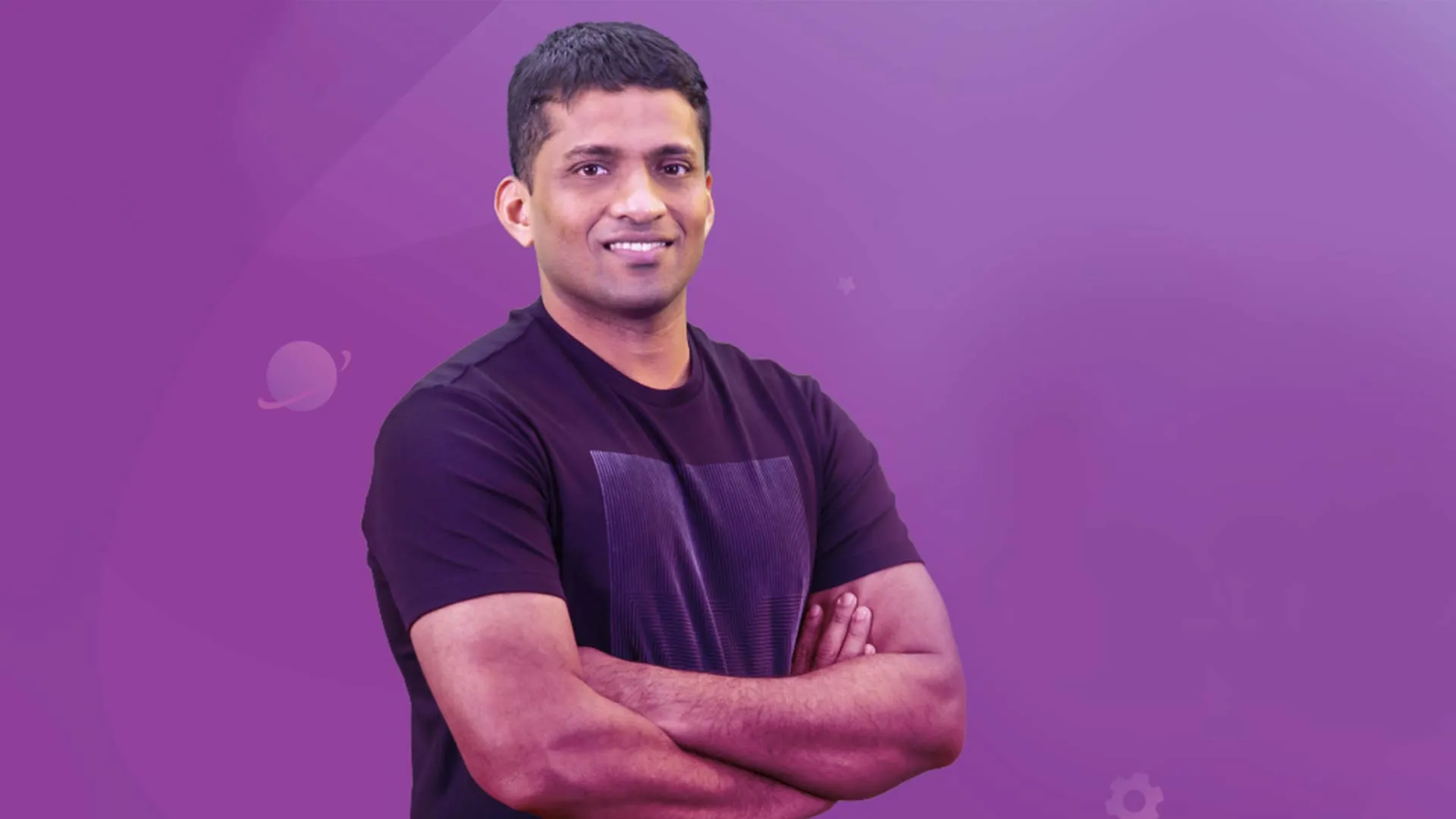Byju Raveendran got the first inkling he would possibly have a future in training as a teenager tutoring eleventh and 12th graders clamoring for his help to skip their tests. Back then, he changed into simply an eighth-grade math whiz. Today, he’s a billionaire.

In 2006, Raveendran launched what has was the sector’s most treasured schooling technology business, Byju’s. From its begin providing check-prep training, Byju’s has become the craze amongst college students throughout India, enrolling 35 million in its math and technology tutoring app. In July, it acquired investment from a collection of traders that protected Qatar’s sovereign wealth fund and valued it at $5.Five billion—and Raveendran has a 26% stake inside the business enterprise.
“This isn’t always a commercial enterprise which I started as a commercial enterprise,” says Raveendran, who plans to use his new investment to expand his $2 hundred million (sales) organization into Australia, the U.K., And the U.S. “It’s an ardor which ended up turning into a business.” His timing appears ripe: the worldwide schooling era, or edtech, the enterprise will develop 61% from $349 billion in 2018 to $562 billion using 2022, in keeping with U.K.-based totally marketplace-studies firm Technavio. The brand new $a hundred and fifty million infusion led by using Qatar Investment Authority brings the overall investment acquired via Byju’s to extra than $1 billion, following a $31 million funding in March led through U.S. Personal equity company General Atlantic and China’s Tencent, and $540 million final December from South Africa’s Naspers and the Canada Pension Plan Investment Board.
More on Forbes: How Are India’s Biggest EdTech Startups Winning Students? By Treating It Like A Game
Raveendran, 38, is the son of teachers. After earning a bachelor’s diploma in mechanical engineering in Kerala, India, he took an activity in Singapore in 2001 as a globetrotting engineer at a transport organization. During journeys lower back domestic, he helped friends put together for the extremely competitive admission test for India’s elite commercial enterprise schools, the Indian Institutes of Management. He took the exam two times himself for fun, scoring within the pinnacle 1% whenever.
In 2005, Raveendran stopped his job and lowered back to India to educate enterprise-school candidates full-time. Within six weeks, he had 1,200 college students. He soon started out touring 9 cities. But by 2009, he commenced broadcasting instructions thru satellite. Raveendran quickly found out that his aspiring business-school students had been struggling with math and technological know-how that they should have learned at a much earlier age. To assist in redressing that hole, in 2011, he released Think & Learn, the business enterprise that is Byju’s discern.
“The first element that struck me approximately Byju was that he become enthusiastic about coaching,” says Ranjan Pai, the billionaire health practitioner who controls the education and healthcare-focused Manipal Group. “But while he requested me for $eight million, I nearly fell off my chair.” Impressed through Raveendran’s self-assurance, Pai obliged him and in 2012 became one of Byju’s first traders, shopping for a 26% stake alongside a former software program govt. He nonetheless retains 1% of Byju’s.
India appears fertile floor for edtech: u . S. Has 260 million faculty-age youngsters struggling thru a gadget rife with poorly certified instructors in an increasingly more tech-savvy economic system ravenous for skilled workers. “You have here proliferation of smartphones, nearly-unfastened bandwidth, ubiquitous net access and simplicity of virtual payments,” says Krishnan Ganesh, who cofounded the net training agency TutorVista in 2005, then sold it to U.K.-primarily based Pearson in 2011, before Byju was offered a part of it from Pearson in 2017. “And you’ve got mother and father who will spend a disproportionate amount in their disposable income on education.”
